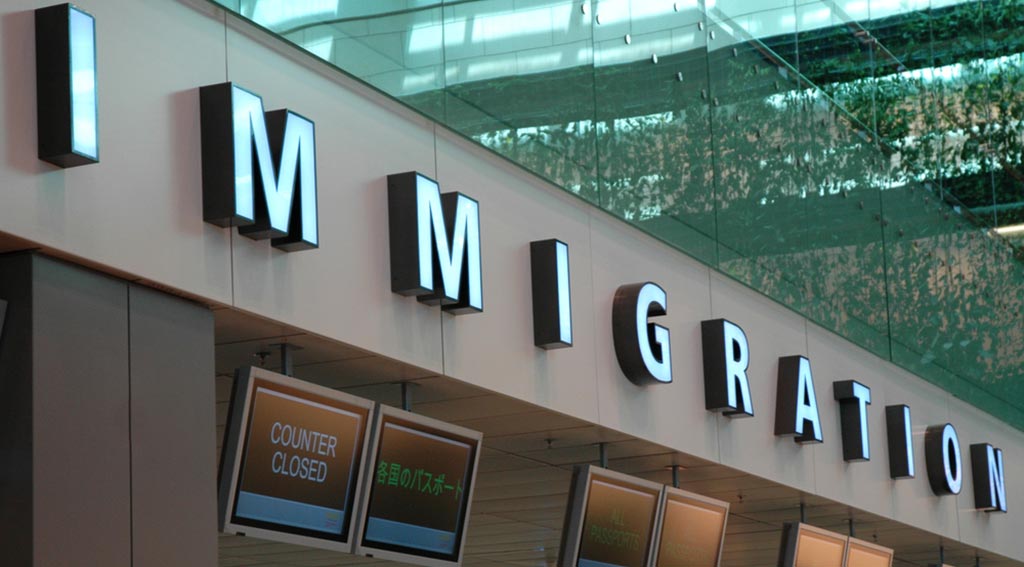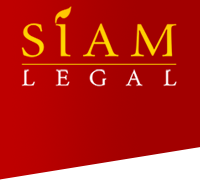Refusals of Non-Immigrant Visa Applications

Convincing Consular Officers to Grant the Desired Non-immigrant Visa
The Consular Section of the U.S. Mission is responsible for providing visa services to those seeking to enter the United States for a temporary period. The U.S. application process uses the principle of “guilty until proven innocent.” The U.S. immigration law particularly requires consular officers to view every visa applicant as an intending immigrant until the applicant proves otherwise. Thus, the applicant has a responsibility to prove that he/she is going to return abroad before the visitor or student visa can be issued. Applicants must prove the existence of “residency abroad” by demonstrating clear evidence that they have strong ties that would compel them to leave the United States at the end of their temporary stay. The law places this burden of proof on the applicant.
There is no one-size-fits-all rule for obtaining a non-immigrant visa. While conducting visa interviews, consular officers look at each application individually and consider each of the applicant’s unique circumstances. They quickly but closely examine provided documentation, such as travel plans, financial resources, and relevant official and non-official statements. The consular officers deem to have a challenging duty to quickly determine in a very short time whether or not an applicant is worthy of the requested visa. Most cases are decided after a brief interview and the final and irreversible decision is made based on the verbal and non-verbal evidences presented by the applicant.
B1/B2 Business or Tourist Visa
For B1/B2 visa categories, for instance, the applicant might be ineligible for a B-2 tourist visa under Section 214(b) of the Immigration and Nationality Act because he or she cannot convince the consular officer of the “immigrant intent” indicating that the visit to the U.S. would not be temporary. Unclear or vague travel purposes will also influence the validity of the requested visa. The reason for the visit stating, for example, “to join a family member’s wedding” is considered a better answer than simply stating “on vacation.” Additionally, past violations can certainly result in current visa refusals. If the applicant had previously traveled to the U.S. but overstayed the time permitted in the visa or had extended that stay, this might present a red flag to the visa officers. It indicates to the consular officer that the applicant does not intend to comply with the visa requirements. Or if the applicant has just visited the United States for a long period of time, the officer might question why the applicant might need to return back so soon. Thus, the applicant will have to provide enough evidence to show that he or she has a valid need for the visit requested and will certainly plan to return to his or her permanent home, job, or established life in the home country.
F, M or J Student or Exchange Visa
For F, M, or J visa categories, some of the common reasons for student or exchange visitor visa rejection include insufficient funds, inconsistent educational background and area of the proposed studies, and imprecise evidence for the intent to return. Incorrect, false documentation or unclear communication can lead to F, M, and J educational visa refusals. In fact, student visa interviews normally last less than five minutes. The applicant only gets one chance to make a winning “first impression”. Thus, a first impression is vital and the applicant must be very well prepared and communicate clearly to the visa officer. While a consul is not supposed to reevaluate the applicant’s English, an applicant’s insufficient English is unavoidably factored in. An inability to articulate reasons for selecting the university or educational programs may be fatal. An inability to articulate how the chosen academic or program studies fit career plans can also be “refusal worthy.” Failure to answer simple, standard questions (e.g., What are your plans after graduation? What does your dad do?) are troublesome, as are long, rambling answers. The applicant’s disposition at the interview is also essential. Inertness or passivity or a failure to show ambition can tip the scales against the applicant. Nervousness, poor body language, and avoiding eye contact during the interview are all negative factors.
K1 Fiancé Visa
For the K1 fiancé visa, the challenge lies in providing detailed and honest information in regard to the petitioner and beneficiary’s relationship and the actual marriage plans. The errors in the data provided on the K1 visa Form I-129F can cause visa refusal. The trouble will occur when the visa or consul officer detects inconsistent answers or responses that are proven to be dishonest. It is important to remain entirely transparent when providing pertinent information either through the actual visa interview or through filling out the required visa form. It is recommended that the applicant reads the instructions thoroughly and ensures that he or she fully understands what is asked before providing particular answers. The provided data must be true, honest, and comply with the International Marriage Broker Regulation Act (IMBRA) laws. The applicant must consistently follow the basic visa eligibility requirements as well as meet the deadline for the 90-day marriage rule after receiving a K1 visa. All the steps must be taken carefully to successfully comply with the granted K1 visa category to prevent any potential problems with further adjustment of status issues.
In conclusion, once a visa case is closed, the consular section cannot take any further action. The decision is final. There is no appeal process; only reapplication is possible. If the applicants have additional information that should be considered related to the visa decision, or there are significant changes to the current circumstances since the last application, the applicant may reapply for the appropriate visa category. Any reason why the first application was rejected should be resolved upon reapplying. To reapply, a new set of the appropriate visa forms with a fee has to be submitted to request for a new visa interview appointment. To have a better chance of gaining visa approval, the applicant must closely reevaluate his or her own visa petitions and circumstances. Convincing consul officers to verify the legitimacy of the proposed visa request is an act of trust based on the probable evidences. Dishonesty and violation or misuse of the visa categories will certainly be fatal for the applicants’ future immigration endeavors.
Whether applying for the first time or wish to re-apply, feel free to contact the professional and legal team of Siam Legal International for specific U.S. visa guidance.
Category: US Immigration, US Visa
About the Author (Author Profile)
Siam Legal is a full service law firm but it has an extensive range of immigration, corporate, and real estate experience accessible to clients both domestically and internationally. It has offices strategically located throughout the major cities in Thailand including Chiang Mai, Pattaya, Hua Hin, Samui and Phuket along with international representative offices in Australia, London and Las Vegas.










